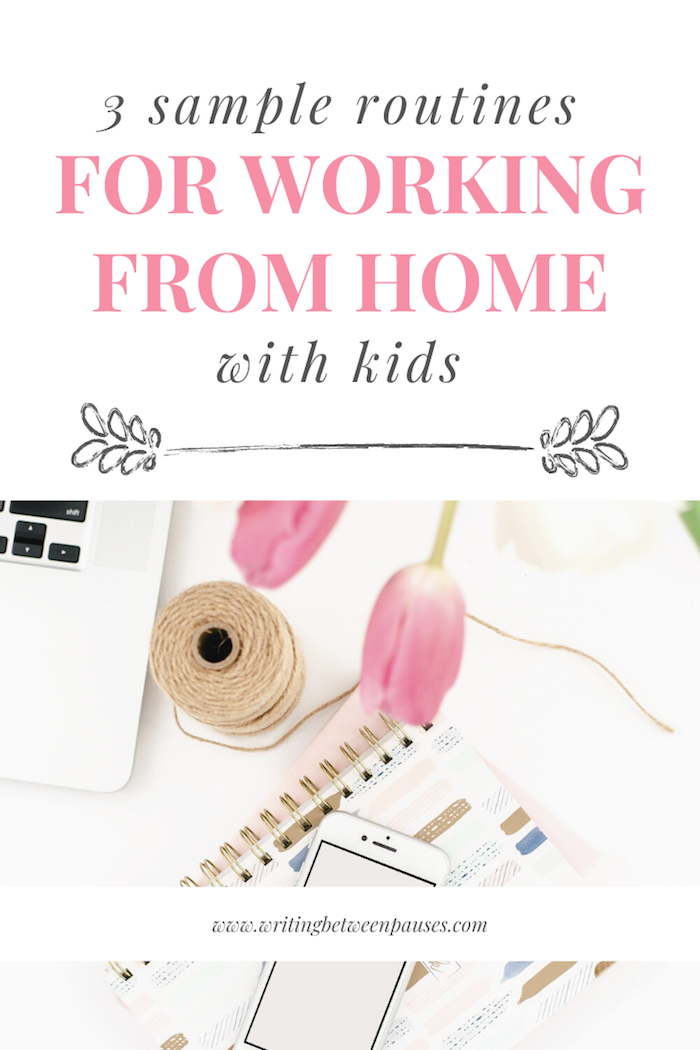Welcome to the Diversifying Your Skills series! Learning new skills in your life and career can be really rewarding—but challenging at the same time. What does it mean to realize you’re missing a skill for your career or, worse, life? How can you best learn new skills? I’ll be answering those questions and more in this weekly series. You can read all posts in this series here.
It’s easy to wax poetic about being a freelancer. There are so many pluses: I can take days off whenever I want*; I can schedule my time however I please*; I can choose what work to take on and what work to pass on*…
What are those asterisks for you ask? Sorry, let me check the footnotes…
* You can take days off, except the days where your clients expect you to be working, especially if they email you, call you, text you, or check in on you.
* You can schedule your time however you want, but you’ll need to factor in when your clients are awake and working as well.
* You can choose what work to take on and what to pass on, but you’ll always have to consider word of mouth and how much money you’re making each month.
So, yes, there are many pluses to working as a freelancer! We don’t often talk about the not-so-fun ones: that it’s easy to say you work for yourself, but you kind of aren’t. It’s more like you’re working for multiple bosses, all with different needs, and schedules, and communication styles.
This isn’t to shit talk freelancing without reason. Some days I love being a freelancer; some days I just wish I had a normal job (like when I wish I had an account manager who could take on all my client meetings!)
One thing that we often don’t talk about with freelancing is that you need more skills than just the ones you’re selling as services. Yes, you’re a good writer, or a good graphic designer, or a good strategist. But are you good at… bookkeeping? Do you have a customer service voice? Let’s chat the 3 skills that every single freelancer needs.
1. Bookkeeping
Here’s an embarrassing story: mid-way through July, I all of a sudden realized I should be paying my estimated taxes into the state and federal government. I sort of abstractly knew this was a “thing”, but for whatever reason thought that my first year of freelancing, I didn’t need to do this. (This is still a bit of a hazy point; lots of accountants say that is the case, but other accountants say it’s not. The government doesn’t really list that… but all I know is, I don’t want to be penalized or investigated for tax fraud. And you probably don’t either, right?)
It goes without saying: you need either to learn bookkeeping now so you have a good record of your invoices (or use a simple invoicing software like Square) or hire a bookkeeper or seek out a bookkeeping software. I recently looked into Bench and while I really like them, I wasn’t quite at the point financially where I needed their help. If I had more clients and more invoices, it would definitely be top of my list.
Right now, I primarily use a combination of spreadsheets, my Square invoices, and Quickbooks. I don’t have a ton of expenses yet, so that’s not a huge concern to me. On top of bookkeeping, having a great accountant who you can call and ask questions is huge.
2. Customer Service
Do you know someone who says stuff like, “I won’t ever have a job where I have to work customer service again”?
I used to say that all the time when I worked retail and food service. I actually really loved working both in retail and food, but the customer service aspect was always challenging for me. I’m not super assertive and especially when I was younger, I struggled to establish boundaries.
That being said, it turns out when you’re a freelancer, you’re every part of the job: client management, customer service, service provider, CEO… everything. It’s all you, baby!
So if you like me said you would “never work customer service again”, I have really bad news for you.
Providing good customer service when selling your services can be really challenging. It’s hard to take feedback, especially if you’re an expert in your field—a client hired you for that reason, so it’s hard to make changes based on their desires. But balancing client requests and your expertise is important and learning to communicate effectively is huge! It’s all about good customer services, uses the right language and tone, and providing a great experience on top of great services.
3. Organization
How organized are you?
On a scale of 1 to 10, how organized is your desk?
More bad news, if you answered “oh shit, I’m not organized at all”, you’ll need to learn some organization techniques soon! You can read my series about getting organized here.
Being organized will make your life so much easier at the start of your freelancing career. Rather than realizing mid-way through the first year that you’ve lost a contract or don’t remember where you put the notes you took at a meeting that you need. Here are a few of my tips:
Buy a filing cabinet or filing box. Create folders for every client. Any printed contracts or notes go in here. (Create this same system in Google Drive; call it FILING CABINET and create the same folders.)
Create an tagging system for your email inbox.
Clean off your desk and keep it clean.
Keep a notebook for each client. (I buy notebook packs I find on sale at TJ Maxx or Marshalls.) All notes for meetings I keep in this one notebook!
It’s pretty easy to set up a system to start organized now. It doesn’t have to be boring or a huge chore—just something you do to keep yourself organized and sane. I usually set aside a few hours each week to get organized, update my invoices and hours, and make sure all my tasks are organized in Asana.













